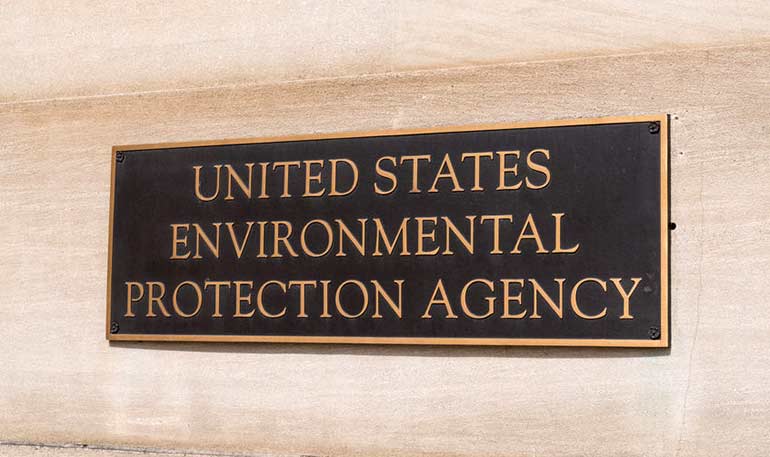EPA must act to prevent US HFC black market
2nd September 2021
USA: The Environmental Investigation Agency (EIA) has pleaded with the US Environmental Protection Agency (EPA) to “stick to its guns” on proposals to phase down HFCs.
With the US rule to phase down HFCs due to be finalised this month, the EIA has warned the EPA that to “water down” the compliance-forcing provisions to suit the short-term preferences of a few, risks creating an illegal market and a “compliance debacle” similar to that in Europe.
The EPA’s new regulation proposes to slash HFC production, import and use, beginning in 2022, with the aim of reducing HFC production and import by 85% over the next 15 years.
The draft rule also requires real time checks at the border, to prevent illegal imports. It bans disposable containers, a favoured vehicle for smugglers, and it tracks shipments and product throughout the supply chain using QR codes.
The EIA says that this will make criminal activity much harder and also arm buyers with the ability to avoid unlawful products. The proposals would make it much more difficult to cheat, and far easier to find cheaters and hold them to account.
However, despite widespread US industry support for the EPA’s rule, the EIA claims a “handful” of companies are pushing back.
“Their challenges threaten to undermine the rule. They are opposing EPA’s sensible and necessary controls, citing near term costs. They want to retain the kind of containers that smugglers prefer. They want to skip the QR codes, even though these are in wide use already. Their short-sighted focus on saving a few dollars now would open the floodgates to a black market that could swamp the climate advantages of this can’t-wait regulation.”
The EIA points to the recent problems of illegal imports and a widespread black market in HFCs in Europe
“Europe’s HFC phasedown is being overrun with unlawful products. Best estimate is that illegal imports are already 30% of the legal supply, and that’s expected to grow as tighter controls kick in,” says the EIA.
It also points to the US experience of the phase out of CFCs in the 1990s. “At the same time ozone-destroying chlorofluorocarbons (CFCs) were being phased out globally, CFCs were flooding into the United States illegally,” the EIA claims. “A senior DOJ prosecutor reported that CFC busts at the US-Mexico border were second only to marijuana in the value of goods seized. A cylinder of CFCs yielded a 13 to 1 profit, with a street value that nearly matched that of cocaine.
“If the final rule waters down the compliance-forcing provisions to suit the short-term preferences of a few, the US will undoubtedly face the same compliance debacle Europe is confronting now. It will be CFC redux. Runaway climate impacts from the inevitable black market will be impossible to rein in.”







